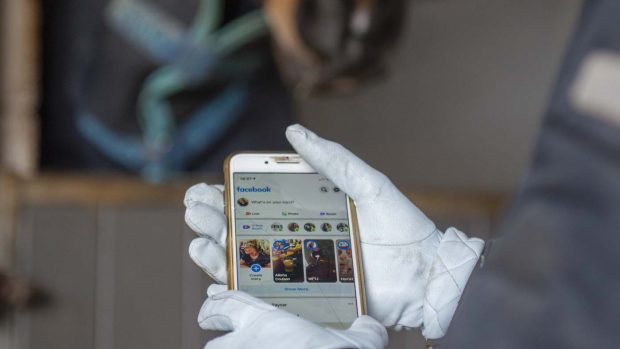The International League for the Protection of Horses (ILPH) has warned against buying horses unseen and unvetted over the Internet because the practice appears to be on the increase.
A spokesman said: “We believe certain individuals are buying horses very cheaply abroad, giving them bute if they’re arthritic, and advertising them on websites, from which people are buying horses unseen. We’ve also heard that some are being sold with illegal passports.
“We have had at least a dozen calls in the past two months from people who have paid a substantial sum for horses from dealers’ websites, sometimes unseen, and have been very disappointed in their purchase.
“There are guarantees offered should a buyer not be happy with their purchase, but the reality of gaining any compensation is tending to prove very difficult
in practice.
“There have been no confirmed welfare cases yet as a direct result of this but the ILPH is very keen to stress that you should never buy a horse unseen and unvetted. An unwanted horse is potentially a future welfare case for us.”
Dealers advertise either on their own sites — one of which even has a specific “buy without viewing” option — or place adverts on general horse trading sites. Managers of several established Internet sites have moved to “blacklist” certain dealers about whom they have received complaints.
Meanwhile this month, one site launched what it claims is the UK’s first horse auction site, offering a “full money-back guarantee” and with starting bids as low as £250.
Rachel Flynn, from Taylor Vinters Solicitors, a solicitor experienced in handling buying and selling disputes, warned: “Guarantees are only as good as the dealers who are behind them. Whoever people buy from, they should make their own enquiries because unscrupulous dealers make it impossible in practice to bring a horse back: the rule is always buyer beware.
“If you buy from a dealer rather than a private individual, you do at least have some protection under the Sale of Goods Act. But that protection can be defined further [and perhaps compromised] by agreeing to terms and conditions.”
The ILPH has heard of a number of private prosecutions pending against Internet advertisers, although it is not involved in any cases itself.
|
||
 |
||


 Get up to 19 issues FREE
Get up to 19 issues FREE TO SUBSCRIBE
TO SUBSCRIBE 



